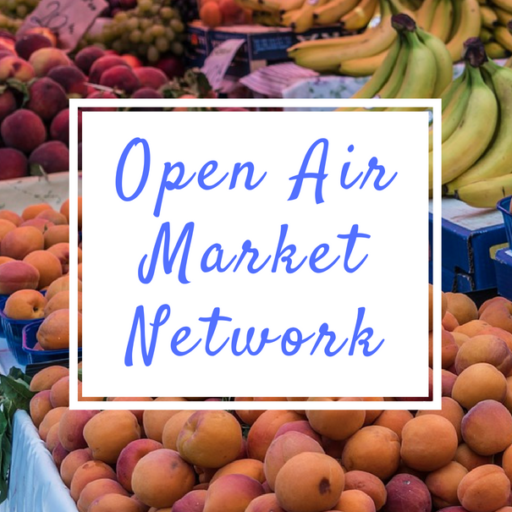Last week, the Los Angeles City Council voted to legalize sidewalk vending and create a permit system.
This achievement has been a long time coming, with the Los Angeles Street Vendor Campaign (LASVC) advocating for their rights for nearly a decade. Their advocacy sparked the City of Los Angeles to conduct five years of research on the sidewalk vending program, which has now resulted in this monumental step toward food justice for sidewalk vendors and micro-entrepreneurs alike.
The LASVC represents thousands of vendors, many of whom are low-income immigrants. Legalizing sidewalk vending will offer these folks protection in case of conflict, and will provide more opportunities for economic and entrepreneurial growth.
So why is establishing a permit system important?
For one, vendors will still be required to obtain health permits and business licenses, and this new permit system will offer assistance in vendors getting all proper documentation, according to the law.
In addition, vendors will be reassured that their reserved spot will be available to them without worry. Prior to permits, vendors had to claim their spots on the street at absurd and inconvenient hours. For some vendors, this meant showing up at 2am, putting their lives in danger. With permits, they will be able to show up to their designated location during regular vending hours, offering them protection and a better quality of life.
The permit system will also encourage the increase of fresh food in underserved communities. The City of Los Angeles will be able to incentivize healthy food by waiving fees for vendors who sell it. The hope is this move will result in increased access to fresh food, and therefore a healthier community altogether.
What a win for sidewalk vendors and micro-entrepreneurs of Los Angeles! The vote is in compliance with SB 946 (Lara), signed by Governor Brown in September 2018, which decriminalized sidewalk vending for the state of California. Hopefully this move will result in better conditions and opportunities for vendors, as well as healthier communities for their neighborhoods.
